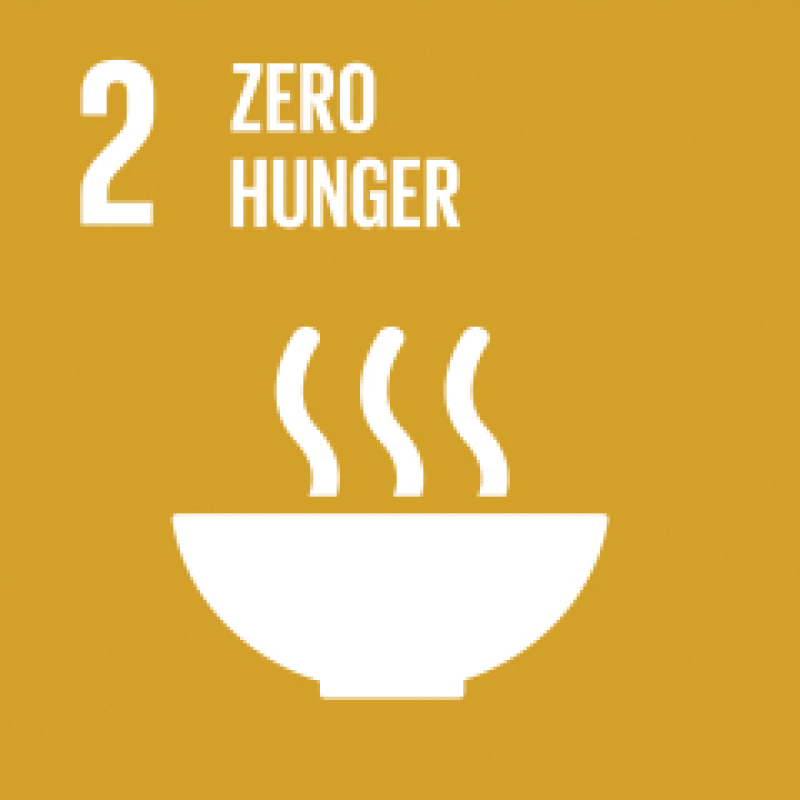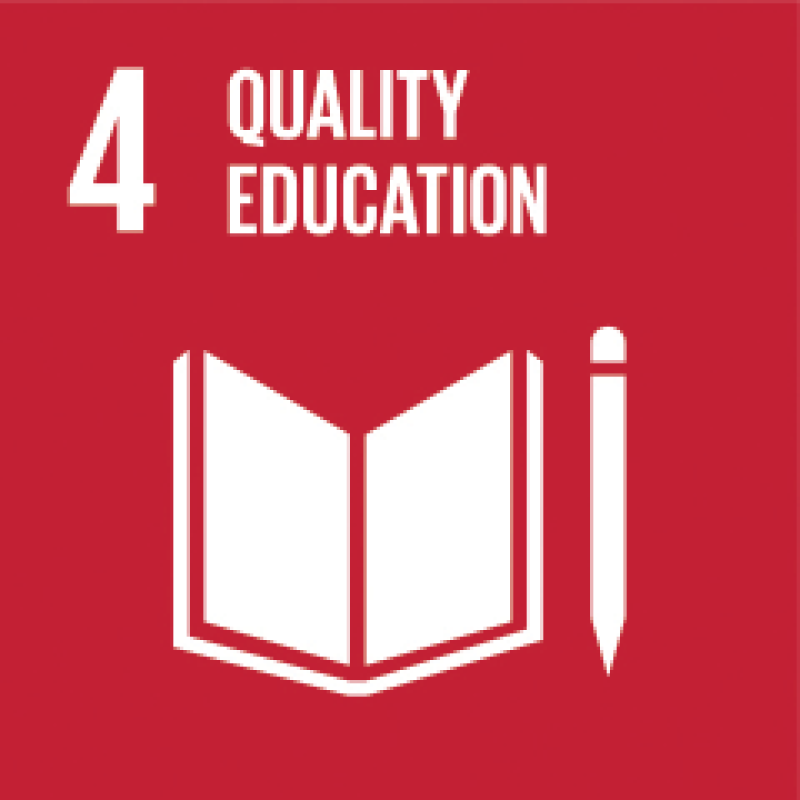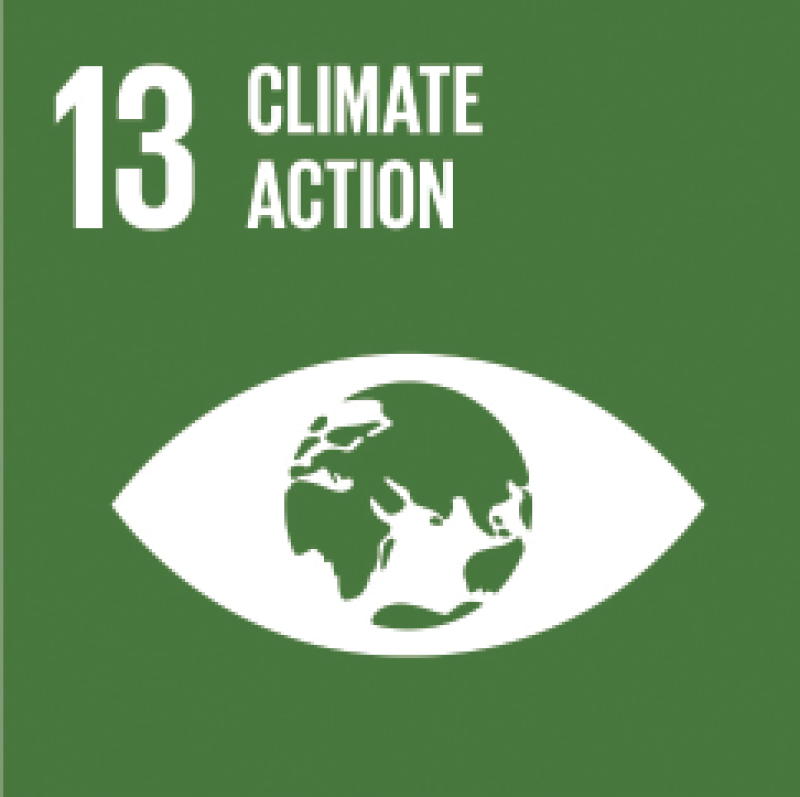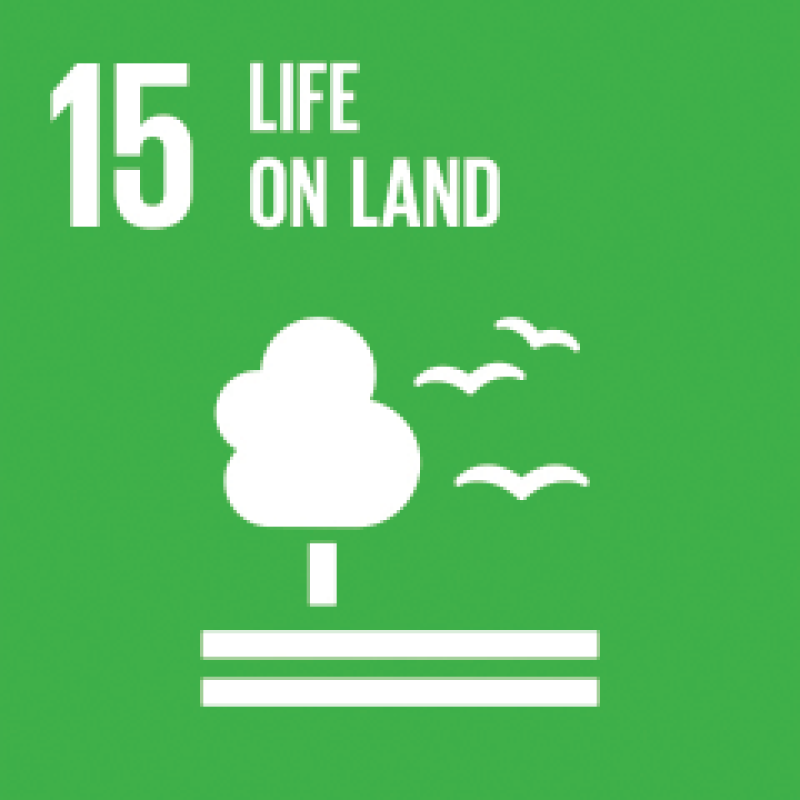





Margaret Anadu understands well the impact on communities of new investment and development. After spending her earlier years in Lagos, Nigeria, Anadu’s family moved to the US to an area of Houston that had been starved of capital for decades.
“The schools, housing stock, amenities and services had not been invested in, and there was a tangible feeling that we didn’t matter,” says Anadu. Then “Magic Johnson developed a movie theatre in a dying neighbourhood mall, and after that, from my perspective, things began to turn around in the community.
“The mall came back to life, jobs were created and it made us feel better about living there. It was very clear to me at that young age – although I would never have put it in these words – that capital invested through the built environment can really move the needle on neighbourhood challenges of poverty, unemployment and inequality.”
That is precisely what the Urban Investment Group (UIG), run by Anadu at Goldman Sachs, does.
When Anadu joined UIG 13 years ago, the group was financing $20 million to $30 million a year, chiefly in housing. Now the group invests $1 billion a year in projects that span commercial real estate, schools, retail, affordable housing, environmental projects and community development. It targets low-income and underserved neighbourhoods in US cities and makes strong financial returns for Goldman Sachs in addition to the social returns.
Anadu’s gift, among many, is that she recognizes the ability of private capital to address unwieldy challenges like racial inequality and poverty when partnered with other stakeholders.
“Everyone deserves the ability and opportunity to be productive and to provide for oneself and one’s family and community,” she says. “For many reasons, that opportunity is unequal. While government has a role, and we have a robust not-for-profit sector, private capital must be part of the solution. There’s no shortage of capital seeking returns; put these stakeholders together at the table and smart ideas become a reality, and social and financial returns can be generated.”
During the crisis we had to rethink some investments, but when we are clear about the goal, then that passion inspires us to come up with new solutions - Margaret Anadu
UIG is a unique player among its financial peers. The group will go in early to cities where other banks have yet to venture – like Newark. With excellent transport links and its proximity to an international airport and to New York City, Newark should be a thriving city in its own right, yet it has suffered decades of disinvestment and corruption and had high levels of poverty, unemployment and blight. Over 10 years, UIG has financed apartments with affordable housing and several non-profit schools, replaced empty car parks with retail development and even financed an urban agritech business that is expanding nationally.
“There were raised eyebrows when we started investing, but now people see the fundamental strengths of that city, and today we compete on deals. It really shows how investment can be a spark to revitalization,” says Anadu.
Having been there from the beginning, acting more like a private equity firm rather than simply financing construction loans once projects have already been structured, there is a definite sense that Anadu’s team can take some credit that streets in downtown Newark are thriving, safe and supporting low-income and affluent households in equal measure.
Going in early requires great attention to detail around building long-term relationships and considering the much broader impact a project can have. An example is the environmental impact bond that Anadu’s team put together in 2016 in Washington DC. The first of its kind, the bond is being used to green areas of the city to absorb rainwater and reduce pressure on the city’s sewer systems.
Returns are based on the effectiveness of the green infrastructure, but this is not where the transaction ends.
“The neighbourhoods targeted for greening are low-income neighbourhoods, where beautification just doesn’t ordinarily occur,” explains Anadu.
A certification programme has been developed for the jobs required, to ensure that those being trained end up with a clear set of skills. And the project can be replicated in other cities around the US.
It is not easy work, Anadu points out – the structures are complex, the impacts are multi-faceted and the challenges require long-term commitment.
“Do we make mistakes? Yes,” she admits. “But it helps that we all share this north star of purpose. During the crisis we had to rethink some investments, but when we are clear about the goal, then that passion inspires us to come up with new solutions.”
Recently UIG made its largest investment yet in Baltimore in a 177-acre development that could create 80,000 new jobs.
“ It is nerve-wracking,” confesses Anadu. “But, given the magnitude of the lost opportunity if the development does not achieve its goals, there should be a healthy level of anxiety. No matter how much due diligence and risk assessment we do, and no matter how our past projects have succeeded, I really won’t sleep well until I know those jobs are created and that they’ve gone to people from Baltimore, and that that community is benefiting.”
UN Sustainable Development Goals: The keys to responsible banking?
These are the areas that the United Nations says banks need to consider when accepting their responsibilities in shaping and financing a sustainable future.


















See more impact banking champions

